
MacBook Or Windows For Students?
MacBook vs. Windows: Which is Best for Students?
Choosing the right laptop is crucial for students, and the decision often comes down to selecting between a MacBook and a Windows laptop. Both platforms offer unique advantages, so let’s break down the key factors to help you make an informed choice.
1. Performance and Specifications
MacBook:
- Hardware: MacBooks are known for their high build quality and integration of Apple’s own silicon, like the M1 and M2 chips, which offer excellent performance and battery life.
- Operating System: macOS is optimized for the hardware, providing a smooth and efficient user experience. It handles multitasking well and supports a range of academic and productivity apps.
Windows Laptop:
- Hardware: Windows laptops come in a wide range of specifications and price points, from budget models to high-end gaming machines. This variety allows students to find a laptop that fits their needs and budget.
- Operating System: Windows 11 offers robust performance and compatibility with a vast array of software. It supports various academic and productivity applications and provides flexibility with customization and upgrades.
2. Software and Applications
MacBook:
- Native Apps: MacBooks come with a suite of useful apps like Pages, Numbers, and Keynote, which are comparable to Microsoft Office. However, the Microsoft Office suite is also available for macOS.
- Software Compatibility: macOS has a strong selection of apps, but some specialized academic or engineering software may be less available or require workarounds.
Windows Laptop:
- Software Compatibility: Windows laptops have broader compatibility with a wide range of software, including many academic and engineering applications. Most educational institutions provide software that is optimized for Windows.
- Office Suite: Microsoft Office is widely used and often included with Windows laptops, making it convenient for students who require tools like Word, Excel, and PowerPoint.
3. Ecosystem and Integration
MacBook:
- Apple Ecosystem: If you already use Apple devices like an iPhone or iPad, a MacBook integrates seamlessly with these products through features like Handoff, AirDrop, and iCloud.
- Build Quality: MacBooks are known for their sleek design and durable construction. They also tend to have longer lifespans and higher resale values.
Windows Laptop:
- Flexibility: Windows laptops are compatible with a wide range of peripherals and accessories. They offer flexibility in terms of upgrades and repairs, with many options available for different needs.
- Integration: Windows laptops integrate well with Microsoft services like OneDrive and Microsoft 365. They also support a broad range of third-party software and hardware.
4. User Experience and Interface
MacBook:
- User Interface: macOS is known for its clean and intuitive interface. It offers features like Mission Control and Spotlight Search, which enhance productivity and multitasking.
- Learning Curve: Some students may find macOS easier to learn and use, especially if they are already familiar with other Apple products.
Windows Laptop:
- User Interface: Windows 11 has made significant improvements to its user interface, offering features like Snap Layouts and Widgets that enhance productivity.
- Customization: Windows allows for extensive customization, which can be beneficial for students who like to personalize their workspace or need specific settings.
5. Price and Value
MacBook:
- Cost: MacBooks generally have a higher upfront cost compared to many Windows laptops. However, they offer a premium build and longer software support.
- Value: For students who value a high-quality build and integration with other Apple products, the investment may be worth it.
Windows Laptop:
- Cost: Windows laptops come in a wide range of price points, from budget-friendly options to high-end models. This allows students to find a laptop that fits their budget.
- Value: The availability of various models and price ranges provides flexibility, allowing students to balance cost with performance and features.
Conclusion
Both MacBooks and Windows laptops have their strengths and are suitable for different types of students.
- Choose a MacBook if: You prefer a premium build, have other Apple devices, and value a seamless user experience with long-term software support.
- Choose a Windows laptop if: You need broad software compatibility, want a range of price options, or require specific academic software.
Ultimately, the best choice will depend on your personal preferences, budget, and specific needs as a student.


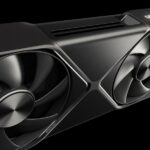



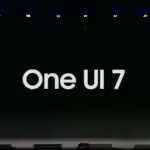



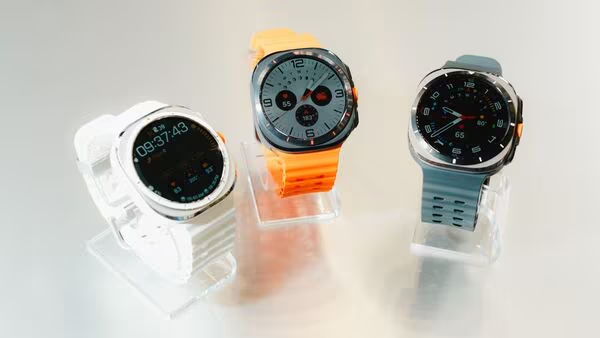
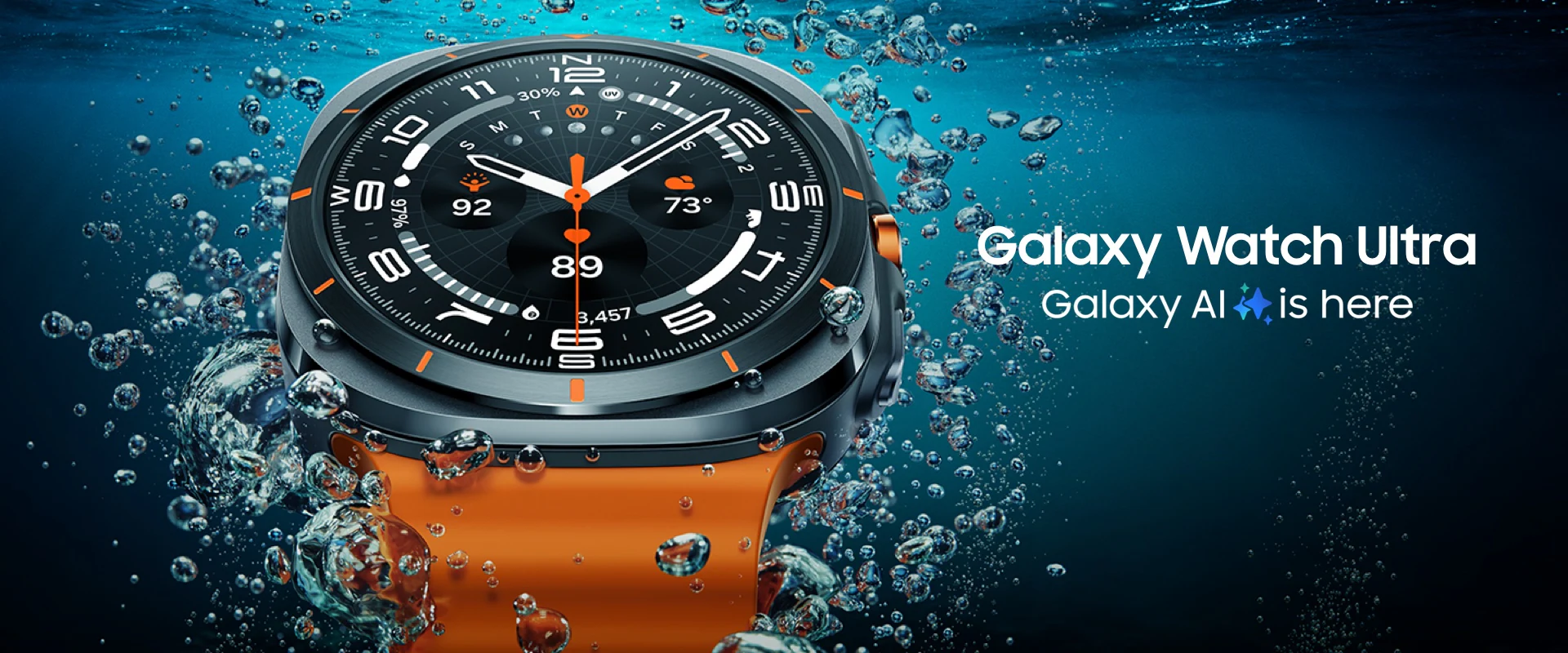
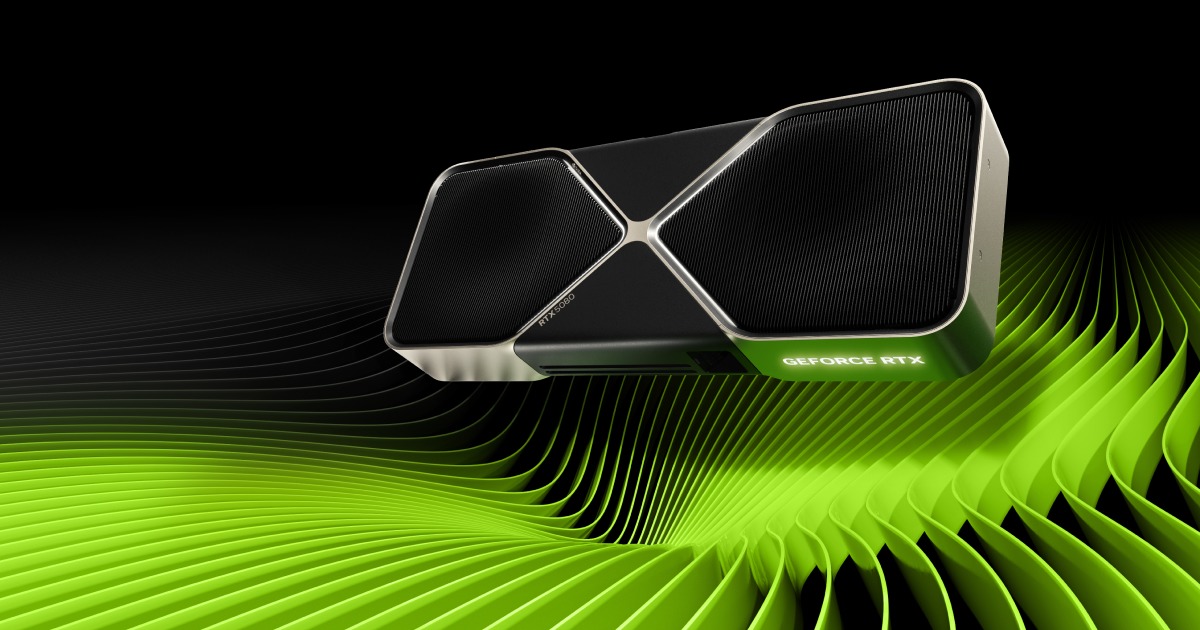

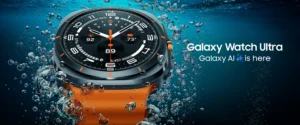
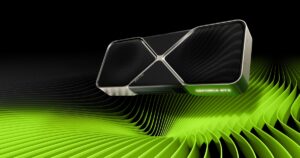
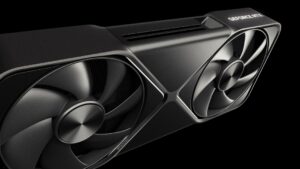


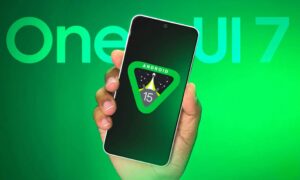
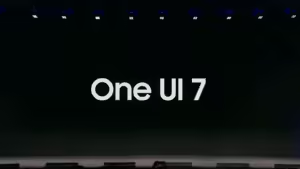
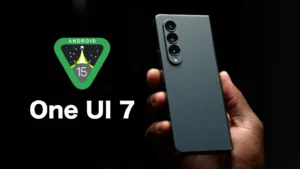
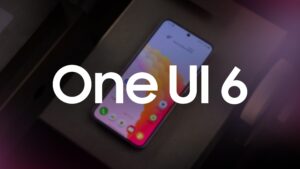
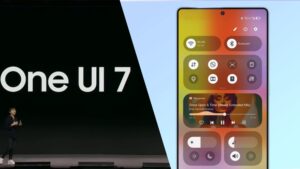
Post Comment